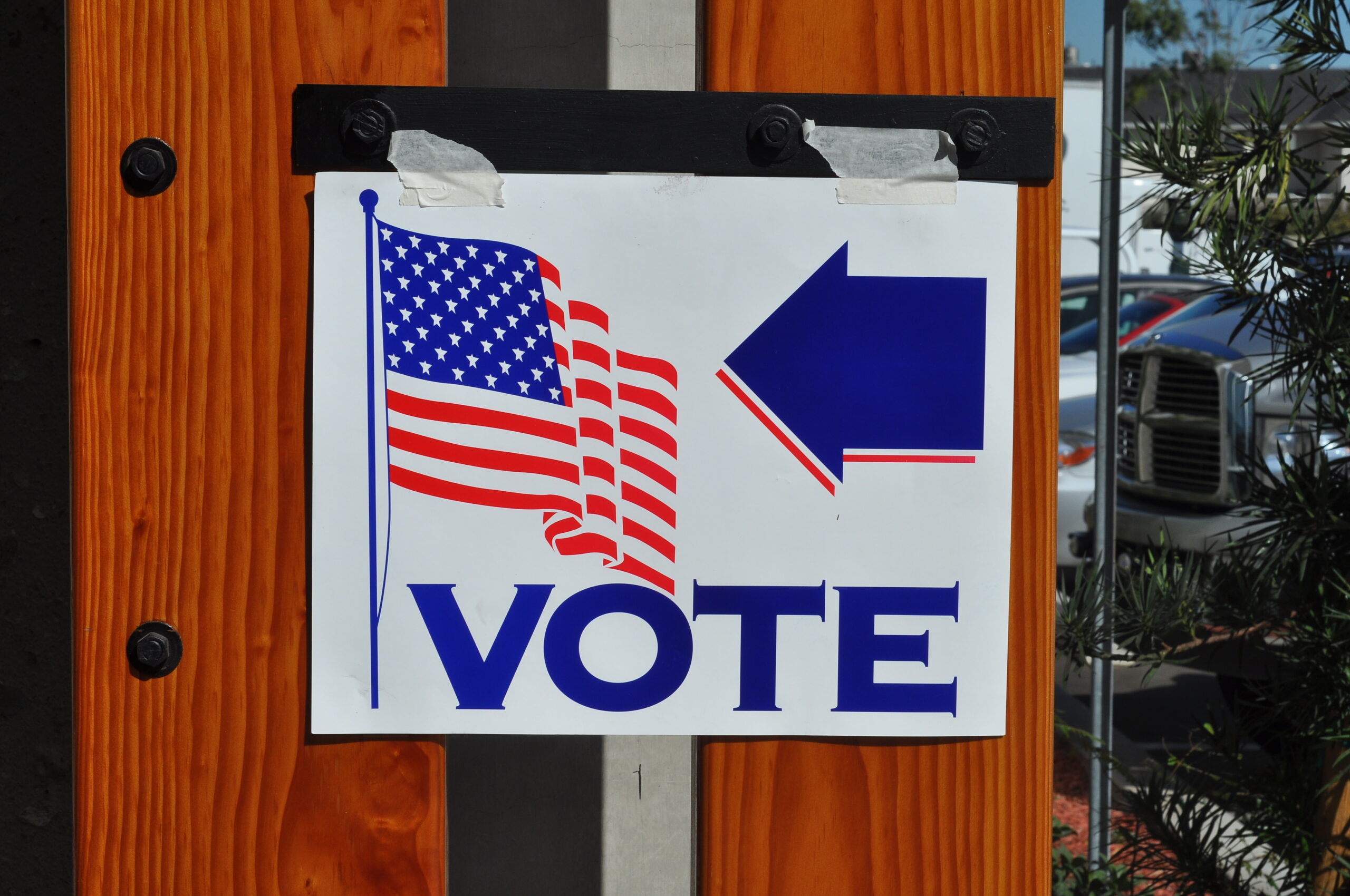Perhaps spooked by how record voter turnout in the 2020 election allowed Democrats to narrow or close the gap with Republicans in some of Texas’s most competitive counties, Republicans have touted baseless claims of election fraud to promote a slew of bills that would make it much harder for Texans to vote in future elections. Just in the past couple of weeks, the House and Senate have considered two broad voter suppression bills, HB 6 and SB 7, which both chambers have designated priority legislation.
Together, the bills would further complicate voter registration, create additional obstacles for voters with disabilities, limit the hours polling places can remain open, make it easier to prosecute anyone who makes a technical mistake while assisting a voter, and prohibit local officials from encouraging people to vote by mail, even if they are eligible to do so. The bills also take aim at efforts local election officials adopted last year to expand early voting access, such as Harris County’s successful drive-through voting system and 24-hour polling centers.
Despite hearing over five hours of public testimony regarding SB 7 on March 26 — largely in opposition to the bill — the Senate State Affairs Committee passed the legislation out of committee on a party-line vote. Just the day before, over 200 Texans came to the state Capitol to testify against HB 6 before the House Elections Committee, but Committee Chair Briscoe Cain forced the hearing to abruptly end before a single person could give public testimony. Since that violated House rules, the committee had to take up the bill again on April 1, hearing 17 hours of fiery opposition. The committee advanced the bill a week later.
Gov. Greg Abbott, Attorney General Ken Paxton, and the authors of the anti-voter bills claim restrictive election reforms are critical to ensuring “election integrity.” However, the attorney general’s own election integrity unit has failed to uncover any significant level of voter fraud in past elections, despite expensive, wasteful investigations. Last month, Abbott admitted he is unaware of any Texas elections that were altered because of voter fraud. That makes sense, given that data shows Texans are more likely to be struck by lightning than to break election rules.
The barrage of voter suppression bills instead appear to represent unabashed attempts by Texas Republicans to maintain power in the face of demographic and ideological shifts working against their favor. But while deeply concerning, they come as no surprise. Texas’s long history of systematic voter suppression is so notorious that for decades Texas was one of a handful of states subject to federal preclearance requirements outlined in Section 5 of the Voting Rights Act.
Under those rules, governments with discriminatory election law histories had to prove to U.S. Justice Department officials that any proposed election changes would not have a disproportionate impact on minority voters. Federal preclearance blocked 207 discriminatory Texas election laws, including at least eight racially gerrymandered redistricting maps — more objections faced by any other state subject to preclearance.
In 2013, when the U.S. Supreme Court controversially invalidated the portion of the Voting Rights Act that gave teeth to Section 5, many civil rights experts warned that the ruling would have grave implications for poor and minority voters in states like Texas. Sure enough, in the absence of adequate federal intervention, Texas has fallen to last place on a Cost of Voting Index that measures voting access across the United States.
Beyond having some of the strictest registration and mail-in voting laws in the country, Texas has reduced the number of polling stations in some parts of the state by more than 50 percent since 2016, primarily in minority neighborhoods. Texas lawmakers have also implemented egregious voter intimidation tactics such as draconian criminal charges for minor election law violations, meaning an honest mistake while registering to vote or casting a ballot can lead to prison time.
Things could get far worse for Texas democracy in 2021. This is the first year that state lawmakers will redraw decennial congressional and state legislative district boundaries since the Supreme Court struck down the federal preclearance requirements, raising concerns about unchecked gerrymandering in a year that Texas is set to gain three congressional seats due to state population growth. The Voting Rights Act still allows for after-the-fact litigation, but litigation can take years to play out, and past experience shows how much damage can be done in that time.
Texas is not the only state that has demonstrated the unfortunate vulnerability of U.S. democracy when state legislators are unleashed from meaningful federal oversight. This year alone, legislators in 47 states have filed 361 bills designed to reduce voter access. A detailed Brennan Center of Justice analysis finds that most of these measures would disproportionately target and harm voters of color, young voters, and voters with disabilities.
Congress has the ability to reign in such brazenly discriminatory voter suppression tactics this year — and this is clearly the time to do it. First, Congress could pass the John Lewis Voting Rights Advancement Act, which would restore the original Voting Rights Act protections by applying preclearance to any state with repeated voting rights violations in the preceding 25 years. Second, the U.S. Senate could pass the For the People Act that passed the House in early March, which would require states to allow 15 consecutive days of early voting, create independent redistricting commissions to put an end to partisan gerrymandering, establish automatic voter registration, and require states to offer online and same-day registration.
These bills represent the most sweeping pieces of voting rights legislation seen in the United States since the passage of the Voting Rights Act — exactly what the country needs in the face of the most aggressive attack on U.S. democracy since the civil rights era. It’s time for Congress to do what’s needed to protect U.S. democracy and restore the will of all people, regardless of race, wealth, or political affiliation.

